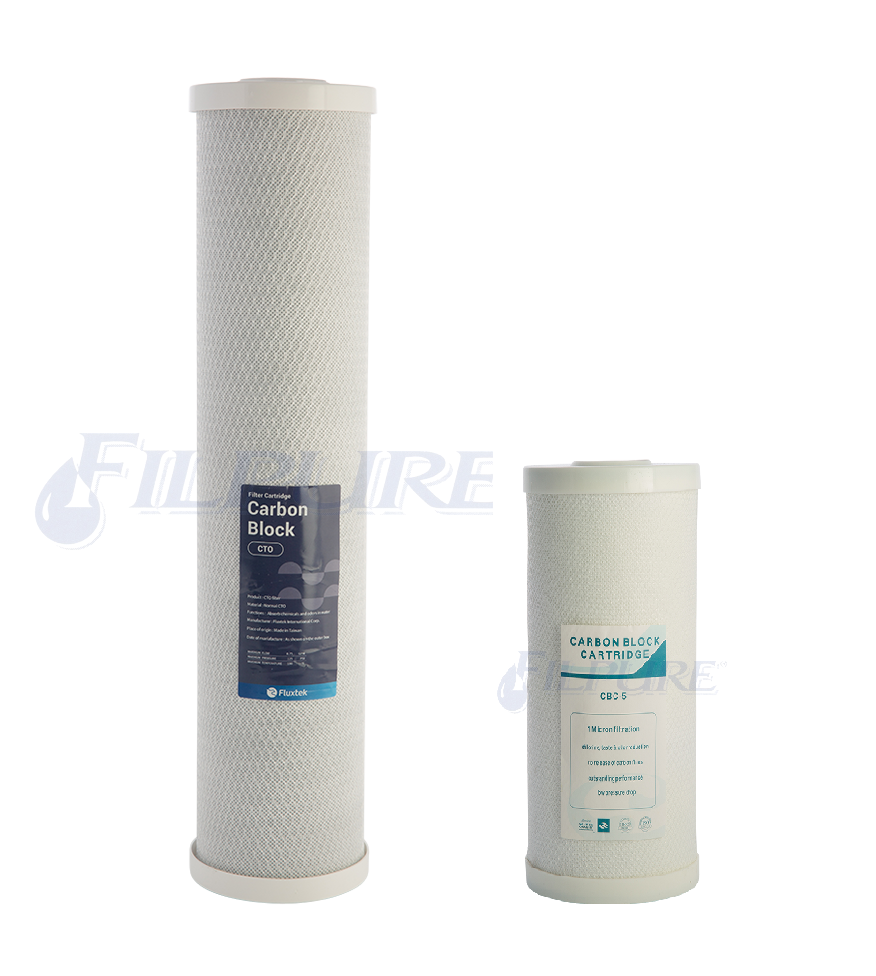How Your Water Quality Affects Your Child’s Brain Development
what they watch on screens. But here’s something many overlook-the water they drink every single day. You may assume that if it’s clear and doesn’t smell, it’s safe. But the truth is, your home’s water quality could be silently affecting your child’s brain development, especially during those early years when their brains are growing fast.
Why Children Are More Sensitive to Water Contaminants
Your child’s brain is in a constant state of growth and connection-building. This delicate process makes it extra sensitive to anything harmful in the environment-including substances that can come through drinking water. Compared to adults, children absorb more contaminants and have underdeveloped systems for flushing them out. That means even small traces of things like lead, pesticides, or chlorine byproducts can have a much bigger impact than you might expect.
Studies have shown that the first five years of life are critical for brain development. During this time, harmful elements in drinking water can interfere with memory, learning, attention span, and behavior. In some cases, the effects can last well into adulthood.

What Could Be in Your Water?
Even if your tap water looks and tastes fine, that doesn’t mean it’s free of contaminants. In many Australian homes-especially older ones, tap water can still contain traces of lead from plumbing or copper pipes. Agricultural areas often have nitrate and pesticide residues in the water supply. And even though chlorine is used to disinfect municipal water, the byproducts formed during this process (like trihalomethanes) can pose health risks when consumed over time.
The real concern lies in the long-term, low-level exposure. For example, ongoing contact with small amounts of lead has been linked to lower IQ scores and attention problems in school-aged children. Similarly, high nitrate levels have been shown to reduce oxygen in the blood, which in infants can affect brain development.
Scientific Evidence and Real-Life Consequences
Let’s take a look at what some of the research says. A Harvard study linked elevated fluoride levels in drinking water with reduced IQ scores in young children. Another paper published in Environmental Health Perspectives showed that kids exposed to low levels of lead from household water sources performed worse in academic tests. These aren’t just rare cases—they’re real-world consequences of everyday exposure.
In regional areas where pesticides enter the water supply, studies have also found higher instances of developmental delays and behavioral disorders in children. The brain is extremely sensitive to chemical changes during its formative years, and unfortunately, many of these changes are subtle enough that parents might not notice until much later.
What You Can Do to Protect Your Family
So, what’s the solution? First, it’s important to know what’s in your water. A basic water test can reveal whether your home’s supply has concerning levels of metals, nitrates, or chemical residues. If it does, don’t worry, there are effective ways to fix the problem.
We offers water filtration systems designed specifically for Australian households. Our systems, including reverse osmosis units and whole-house filters, can remove heavy metals, fluoride, chlorine byproducts, and even bacteria.
Once you have a proper filter in place, use it for all cooking and drinking, especially when preparing formula for infants. Avoid boiling water to remove contaminants—it may actually concentrate some of them. And don’t forget to maintain your filter system. Replacing cartridges regularly ensures you continue to get clean, healthy water.
Conclusion
This isn’t just about better-tasting water or peace of mind-it’s about giving your child every possible advantage in life. Clean water helps support better sleep, stronger immune function, and most importantly, a developing brain that’s free to grow without interference.
Water quality may seem like a small detail, but over time, it can have a big impact. So if you haven’t thought about it before, now’s a great time to do it.















